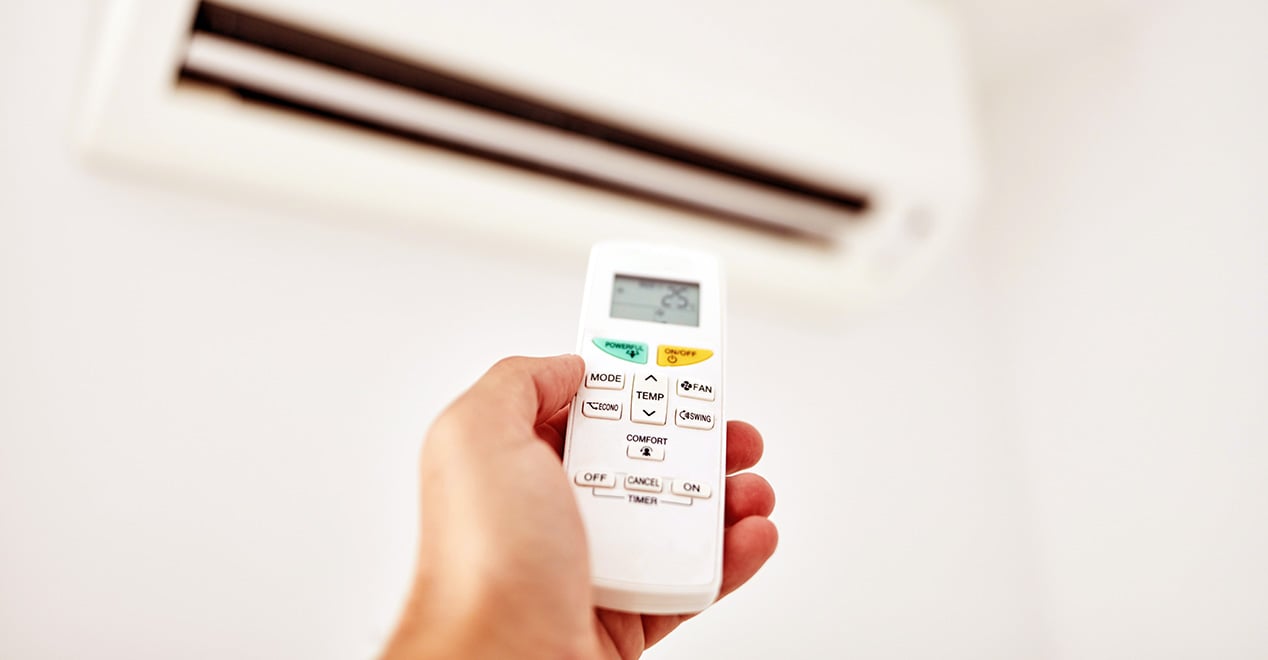Spring is in the air, and along with the blooming flowers, it brings the need to prepare your HVAC system for the warmer months ahead. Whether you're a homeowner or a tenant, understanding how to efficiently transition your heating and cooling system can save you money, enhance your comfort, and ensure a breath of fresh air in your living space. In this article, we'll guide you through the process of getting your HVAC system spring-ready, focusing on efficiency, the wonders of smart HVAC technology, and practical tips for efficient heating and cooling.
Understanding Your HVAC System
At its core, an HVAC system controls the heating, ventilation, and air conditioning of a space. During winter, the heating component is in the limelight, but as spring approaches, the cooling aspect takes center stage. Understanding this transition is key to maintaining a comfortable and energy-efficient home.
The Role of Efficiency in HVAC Systems
HVAC efficiency isn't just a buzzword; it's a measure of how effectively your system uses energy to heat and cool your home. Efficient systems consume less energy, reducing your carbon footprint and your utility bills. As spring heralds a change in climate, it's the perfect time to optimize your HVAC's efficiency.
Smart HVAC Systems: The Future of Home Comfort
Enter the era of smart HVAC systems, where convenience meets efficiency. These systems offer remote control, self-diagnosis, and adaptability to environmental changes, ensuring optimal performance with minimal energy waste. Upgrading to a smart HVAC can transform how you experience home comfort.
Step-by-Step Guide to Preparing Your HVAC System for Spring
-
Inspect and Clean: Start with the basics - check your system and clean or replace air filters. A clean filter not only improves air quality but also enhances efficiency.
-
Check and Seal Ductwork: Leaky ducts can significantly reduce your system's efficiency. Inspect your ductwork for any signs of wear and tear and consider professional sealing if necessary.
-
Thermostat Settings: Transitioning from heating to cooling means adjusting your thermostat. Programmable or smart thermostats can automate this process, ensuring comfort while saving energy.
-
Inspect Outdoor Units: Make sure your outdoor units are clear of debris and have sufficient space for airflow. This simple step can greatly impact system efficiency.
-
Professional HVAC Maintenance: Annual or bi-annual professional inspections can prevent unexpected breakdowns and maintain optimal efficiency.
DIY Maintenance Tips
While professional maintenance is crucial, there are several things you can do yourself to keep your HVAC system running smoothly. Regularly cleaning vents, monitoring thermostat functionality, and being attentive to any unusual noises or smells can go a long way.
Upgrading to a Smart HVAC System
If your system is outdated, spring might be the perfect time to consider an upgrade. Modern smart HVAC systems offer unparalleled efficiency and control, adapting to your lifestyle and reducing energy consumption.
Energy-Efficient Practices Beyond the HVAC System
HVAC efficiency is just one piece of the energy-efficiency puzzle. Insulating your home, using energy-efficient window treatments, and adopting energy-saving habits contribute significantly to reducing your overall energy footprint.
Preparing for the Unexpected: Spring Allergies and HVAC
For allergy sufferers, spring can be challenging. A well-maintained HVAC system with high-quality air filters can be your first line of defense against pollen and allergens.
Preparing your HVAC system for spring is not just about comfort; it's about embracing efficiency, exploring smart technology, and adopting practices that benefit both your wallet and the environment. Start today, and step into a season of unparalleled home comfort.
